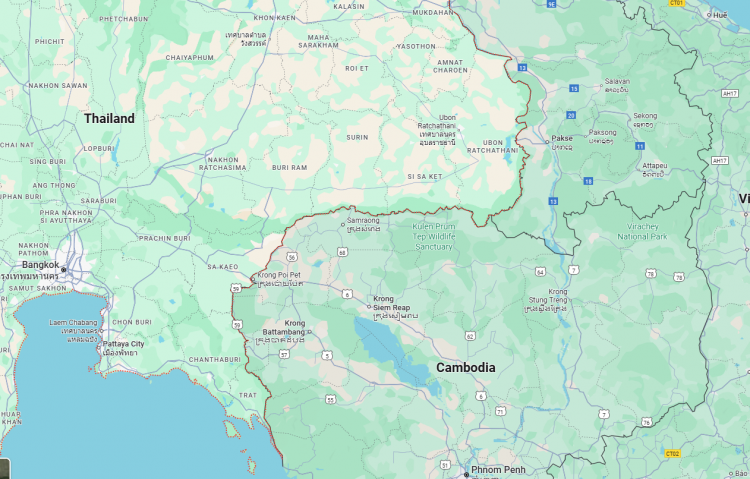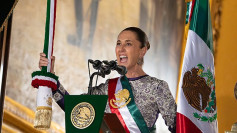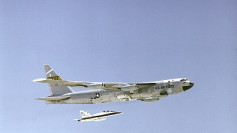A sharp escalation in violence between Thailand and Cambodia has left at least 12 people dead and plunged relations between the two Southeast Asian neighbors to their lowest point in over a decade. Heavy fighting broke out Thursday near the disputed Prasat Ta Moan Thom Temple in Thailand's Surin province, involving artillery fire, surveillance drones, and F-16 fighter jets, officials from both countries confirmed.
The clashes mark the deadliest episode in the region since 2011 and come amid months of rising tensions. Both countries have now recalled their ambassadors, closed border crossings, and initiated evacuations. Thailand's Ministry of Public Health confirmed 11 fatalities on its side of the border, including an eight-year-old child, with a Cambodian rocket striking a busy gas station in Sisaket province, killing six people and wounding ten.
Deputy Thai army spokesperson Richa Suksuwanon said six F-16 jets had conducted airstrikes in Cambodia targeting military installations. Cambodia's Ministry of National Defense responded by condemning what it called "reckless and brutal military aggression," and said Thai warplanes dropped two bombs on a road within Cambodian territory. Cambodian officials insist they acted in self-defense.
The conflict erupted just one day after a Thai soldier lost a leg in a landmine explosion, the second such incident in under a week near Ubon Ratchathani province. Cambodia responded by withdrawing its diplomatic staff from Bangkok. On July 23, Thailand closed major checkpoints including Chong An Ma, Chong Chom, and others, and shut access to key religious sites near the frontier.
Prime Minister Paetongtarn Shinawatra, currently suspended after a leaked phone call with former Cambodian leader Hun Sen surfaced, accused Cambodia of provoking the latest flare-up. "We have always respected international protocols, but now Cambodia has forced our hand. We may have to take actions we have tried to avoid in the past," she said in a press briefing.
Cambodian Prime Minister Hun Manet countered in a letter to the U.N. Security Council, stating that Thai forces had carried out "unprovoked, premeditated and deliberate attacks," and urged an emergency UNSC session. "Facing this flagrant aggression, Cambodian troops had no option but to respond in self-defence," Manet wrote.
The 818-kilometer border between Thailand and Cambodia has been a flashpoint for decades, especially around ancient temples claimed by both nations. Tensions reignited in February after Cambodian tourists sang their national anthem at the Prasat Ta Moan Thon Temple, prompting Thai objections. The May killing of a Cambodian soldier during another border clash added fuel to the fire.
The current fighting is the most intense since 2011, when deadly clashes near the Preah Vihear Temple displaced thousands. Despite past efforts to demilitarize contested zones, no formal buffer exists today.
Regional and international actors are expressing concern. The U.S. and Chinese embassies issued travel warnings, while Chinese Foreign Ministry spokesperson Guo Jiakun said Beijing is "deeply concerned" and called for restraint. Malaysia's Prime Minister Anwar Ibrahim, acting as ASEAN chair, said, "The least we can expect is for them to stand down and hopefully try to enter into negotiation."
Phil Robertson, director of Asia Human Rights and Labour Advocates Consultancy, warned the situation may worsen. "Neither side wants to be seen as conceding any ground," he said. "We're not going to see either side invade the other, but the damage will be lasting."






